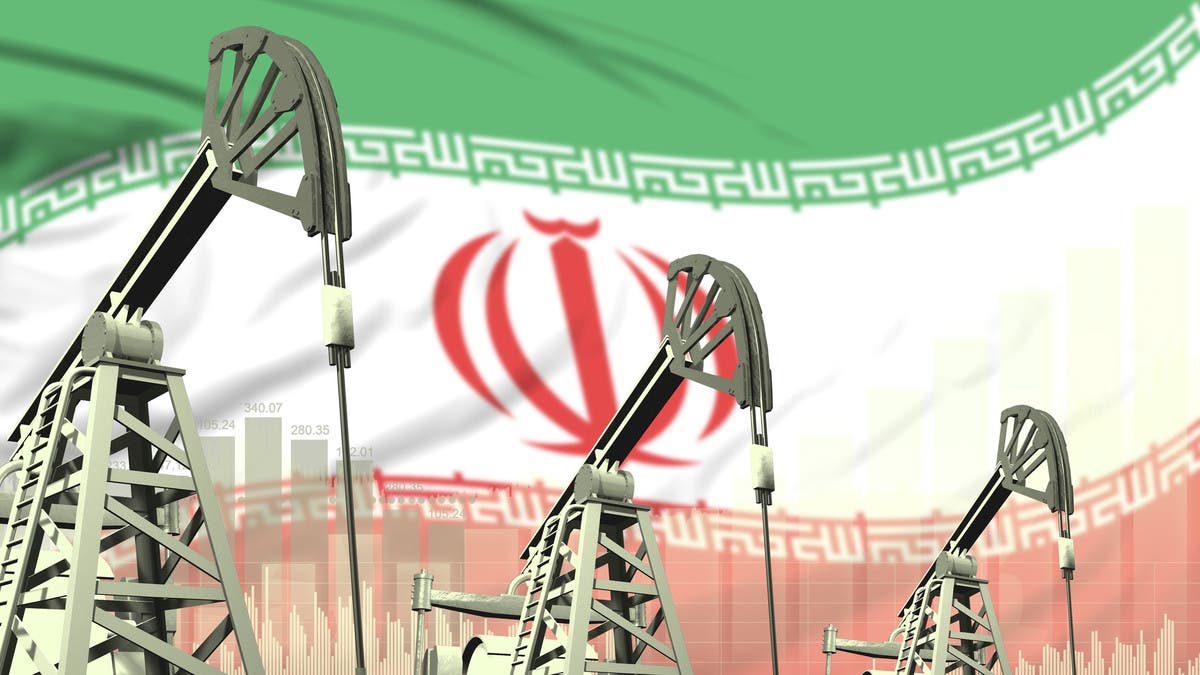A Venezuela-owned tanker in March sailed to a remote spot in the Indian Ocean and met an Iran-flagged vessel, took on a cargo of Iranian condensate and sailed home, according to monitoring services and shipping documents.
The ship-to-ship transfer off The Maldives was the latest tactic by the two countries to keep their oil flowing to markets despite US sanctions. The widening energy cooperation between the nations is helping cash-scrapped Venezuela obtain supplies to convert its extraheavy oil and boost exports.
Two Iranian very large crude carriers (VLCC) were in Venezuelan waters discharging imported condensate and crude for state-owned oil company PDVSA this month, as Iran's oil minister Javad Owji met in Caracas with Venezuelan President Nicolas Maduro.
For the latest headlines, follow our Google News channel online or via the app.
Since 2020, Iran also has helped its South American ally by sending gasoline and equipment for repairing PDVSA's dilapidated refineries. One plant is restarting this month after a lengthy revamp.
Venezuela-owned tanker Maximo Gorki, operated by PDVSA's maritime arm PDV Marina, is the only supertanker the South American nation has left after losing in 2020 three others to PetroChina Co as part of a debt dispute.
The tanker is mostly used for moving PDVSA's oil between domestic ports, but it also has carried crude to Asia since Washington imposed sanctions on Venezuelan oil in 2019.
Early this year, PDV Marina had to send a replacement crew to China to rescue Maximo Gorki, which was stranded for weeks due to mechanical problems.
In March, the tanker finished transferring a cargo of Venezuelan heavy crude in the South China Sea, according to TankerTrackers.com, a monitoring service that used satellite pictures to identify the vessels. Days later, the Maximo Gorki loaded Iranian condensate, also via a ship-to-ship (STS) transfer 37 nautical miles from The Maldives, from the VLCC Huge, a National Iranian Tanker Co (NITC) vessel, TankerTrackers.com said.
Reuters could not independently verify the vessels' identities. PDVSA and NITC did not reply to requests for comment.
The Maldives government did not immediately reply to a request for comment. The STS transfer took place outside its territorial waters.
On its way
The Maldives' STS exchange was new for Venezuela, but Iran has conducted at least one prior exchange in waters near the archipelago, according to United Against Nuclear Iran (UANI), an advocacy group that monitors Iran-related tanker traffic.
“As Maximo Gorki was making its voyage toward Venezuela, Iran was able to send out a NITC tanker to meet it near The Maldives,” said Claire Jungman, UANI's chief of staff.
“The location is strategically convenient for Iran, taking roughly five days for the Iranian tankers to get from Khor Fakkan to Male,” The Maldives capital.
The supertanker last week docked in Venezuela and discharged part of its 2-million-barrel cargo of Iranian condensate. It followed by days the arrival of Iranian vessels Dino I and Derya, which brought Iranian heavy crude and condensate, respectively, part of a swap agreement signed last year by the two states' oil companies.
At least another 2 million barrels of Iranian oil and 1 million more barrels of condensate are expected to be imported this month. PDVSA plans to send heavy crude and fuel oil to Iran's National Iranian Oil Co. in exchange, a source involved in the cargo scheduling said.
NIOC did not reply to a request for comment.
Read more:
Iran oil minister travels to Venezuela for energy deals
US oil services firms join push for revamped Venezuela license


 World3 years ago
World3 years ago
 World3 years ago
World3 years ago
 Business12 months ago
Business12 months ago
 Entertainment7 years ago
Entertainment7 years ago
 World7 years ago
World7 years ago
 Entertainment7 years ago
Entertainment7 years ago




